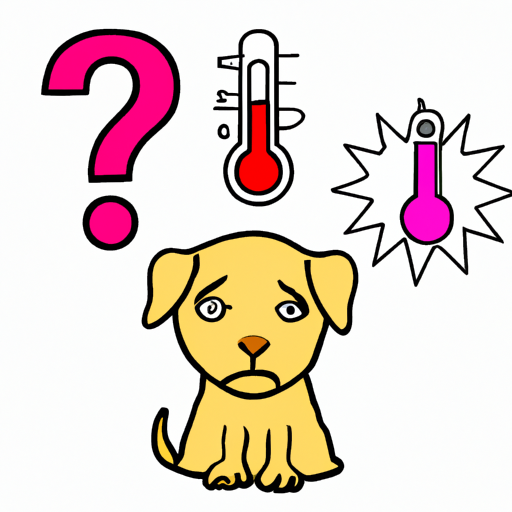Parvovirus, commonly known as parvo, is a highly contagious and potentially deadly disease that primarily affects dogs. But what age can dogs get parvo? This question, along with others related to the topic, is what we’ll be exploring in this comprehensive guide.
Understanding Canine Parvovirus
Parvo is a viral disease that affects dogs. It’s highly contagious and can be fatal if left untreated. The virus primarily affects the gastrointestinal tract of dogs, leading to severe diarrhea, vomiting, and loss of appetite.
Parvo is a robust virus that can survive in the environment for long periods. It can be transmitted through direct contact with an infected dog or indirectly through contaminated feces, food, water, or even the hands and clothing of people who have come into contact with an infected dog.
Age Risk for Parvo
While any dog can contract parvo, puppies between six weeks and six months old are the most susceptible. This is because their immune systems are still developing and may not be strong enough to fight off the virus.
However, older dogs can also get parvo, especially if they haven’t been vaccinated against it. Dogs of any age with weakened immune systems are also at risk.
| Age Group | Parvo Risk |
|---|---|
| 6 weeks to 6 months | High |
| 6 months and older | Medium to Low |
Symptoms and Diagnosis of Parvo
The most common symptoms of parvo include:
- Severe diarrhea (often bloody)
- Vomiting
- Fever
- Loss of appetite
- Lethargy
If your dog is showing any of these symptoms, it’s crucial to take them to the vet immediately. Your vet will likely perform a physical examination and may use a fecal ELISA test to diagnose parvo.
Treatment and Prevention of Parvo
There is no specific treatment for parvo. Instead, treatment focuses on supporting the dog’s body while it fights off the virus. This can include intravenous fluids to treat dehydration, medications to control vomiting and diarrhea, and antibiotics to prevent secondary bacterial infections.
Preventing parvo is easier and less expensive than treating it. The best way to prevent parvo is through vaccination. Puppies should receive their first parvo vaccine between 6 and 8 weeks of age, followed by booster shots every 3 to 4 weeks until they’re 16 weeks old. After that, dogs should receive a booster shot every 1 to 3 years, depending on their vet’s recommendation.
- Initial Parvo Vaccine: 6 to 8 weeks
- Booster Shots: Every 3 to 4 weeks until 16 weeks
- Adult Booster Shots: Every 1 to 3 years
Frequently Asked Questions
Q: Can adult dogs get parvo?
Yes, adult dogs can get parvo, especially if they haven’t been vaccinated. However, the risk is much lower than in puppies.
Q: How long does it take for a dog to show signs of parvo after exposure?
The incubation period for parvo is usually 3 to 7 days. However, it can take up to 10 days for some dogs to show symptoms.
Q: Can a dog get parvo twice?
It’s rare, but yes, a dog can get parvo more than once. However, dogs that have recovered from parvo typically have a strong immunity to the virus.
Q: Can my dog get parvo even if they’ve been vaccinated?
While it’s rare, vaccinated dogs can still get parvo if they come into contact with a large amount of the virus. However, vaccinated dogs that do get parvo usually have a milder form of the disease.
In conclusion, while dogs of any age can contract parvo, puppies between six weeks and six months old are especially susceptible. Prompt treatment is crucial, but prevention through vaccination is the best defense against this deadly disease. Take care of your four-legged friend by being aware of the signs and symptoms of parvo and ensure they are vaccinated regularly.



